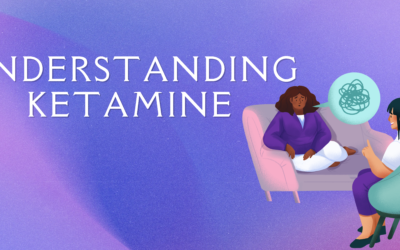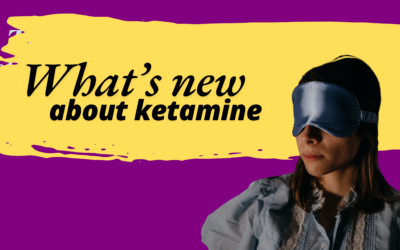In recent years, the medical landscape has witnessed a significant shift in the approach to mental health and pain management treatments. Amidst this transformative movement is the rapid rise of ketamine clinics. Once primarily known as an anesthetic, ketamine is now being repurposed to treat a range of psychiatric disorders, including depression, anxiety, PTSD, and chronic pain. This blog post explores the emergence of ketamine clinics, what to expect from treatments, and the implications for those seeking help.
The Background of Ketamine
Originally developed in the 1960s as a fast-acting anesthetic, ketamine was primarily used in surgical settings and emergency medicine. However, during the late 20th century, researchers began to uncover its potential antidepressant effects. Studies indicated that ketamine could rapidly reduce symptoms of depression, especially in individuals who did not respond to traditional antidepressants. This breakthrough led to a growing interest in the use of ketamine for mental health treatment, ultimately giving rise to specialized clinics dedicated to its administration.
Understanding Ketamine Treatment
How It Works
Ketamine operates differently than conventional antidepressants. Unlike selective serotonin reuptake inhibitors (SSRIs), which typically take weeks to show effects, ketamine can produce rapid improvements in mood, often within hours. It acts primarily as an NMDA receptor antagonist and can influence glutamate levels in the brain, which are believed to play a critical role in mood regulation and neuroplasticity.
Treatment Protocols
Ketamine treatments are typically administered in a clinical setting, either through intravenous (IV) infusion, intramuscular injection, or nasal spray. The most common method is IV infusion, where a patient receives a controlled dose of ketamine over a specific period, usually 40 minutes to an hour. Many clinics offer personalized treatment plans tailored to each patient’s needs, with the number of sessions varying based on individual responses and treatment goals.
Potential Benefits
Patients who have undergone ketamine therapy often report significant improvements in their mood and overall well-being. The rapid action of ketamine can be particularly beneficial for individuals experiencing severe depressive episodes or suicidal thoughts, providing immediate relief while they continue to engage in therapy and other supportive treatments.
Considerations and Risks
While ketamine treatment shows promise, it is essential for patients to discuss the potential risks with their healthcare providers. Side effects may include dissociation, increased blood pressure, nausea, or feelings of unreality during the infusion. Additionally, ongoing research is needed to understand the long-term effects of repeated ketamine treatments and the best protocols for different populations.
Conclusion
The rise of ketamine clinics represents a significant development in the treatment of mental health disorders and chronic pain. By offering a novel therapeutic option that works rapidly and effectively for many patients, these clinics are changing the landscape of mental health care. However, as with any treatment, it is crucial for individuals to consult with qualified professionals, stay informed about the procedure, and approach their mental health journey holistically. As more research emerges, ketamine’s role in psychiatry will likely continue to evolve, providing hope and new avenues for those struggling with mental health challenges.
Understanding Ketamine
Understanding Ketamine: A Revolutionary Treatment for Depression and Beyond In recent years, ketamine has gained significant attention in the medical community, particularly for its promising applications in treating depression, anxiety, and other mental health...
Unpacking Its Transformative Role in Mental Health
Ketamine, originally developed as an anesthetic in the 1960s, has garnered significant attention in recent years for its potential benefits in treating various mental health conditions. This powerful drug, once primarily associated with recreational use and...
Whats new about Ketamine
Once known primarily as an anesthetic and a party drug, ketamine is now gaining significant attention in the medical community for its potential therapeutic applications, particularly in treating mental health conditions. Recent research has focused on its effects on...




